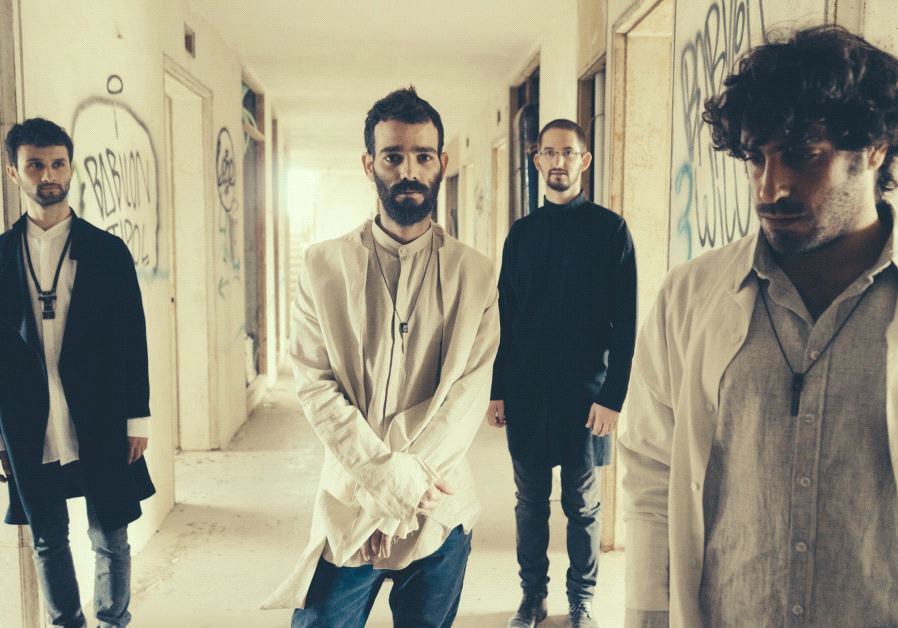The masters of mosaic music
Having just released their debut album, Mosaico is ready to perform their eclectic mix of Middle Eastern sounds for local fans.
 MOSAICO PIANIST Dvir Sadeh (second from right) and Liav Baruch (far right) with the rest of the quartet.(photo credit: KATYA BORINDIN)
MOSAICO PIANIST Dvir Sadeh (second from right) and Liav Baruch (far right) with the rest of the quartet.(photo credit: KATYA BORINDIN)